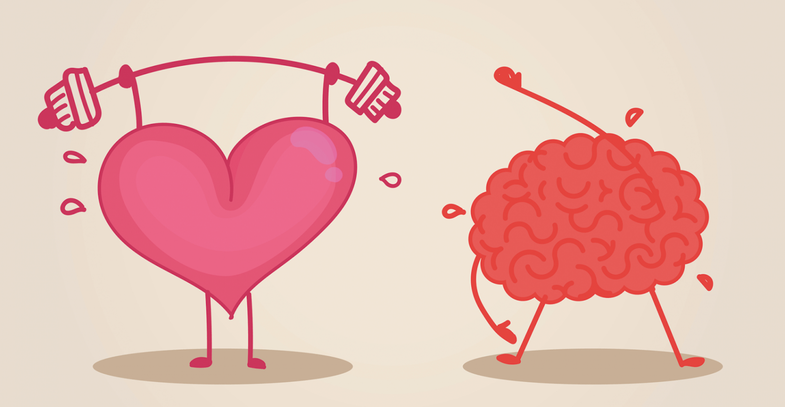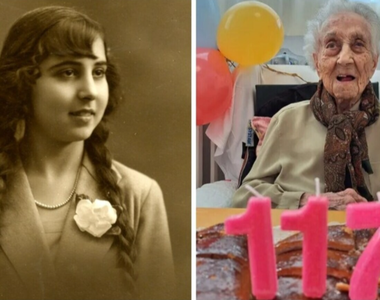
Over time, the cognitive capacities of our mind begin to deteriorate. This is an inevitable and natural process of aging, which affects all aspects of life. While we can not stop it, we can simply slow it down.
Seemingly simple and routine activities help us not only to strengthen memory in the long run, but for a clear mind throughout life.
1. Learn a new language
Learning a new language brings you many benefits. In addition to being a personal skill, it is an excellent brain exercise, which slows down and stops memory loss. Language learning activities will help you remember, recognize and understand words that take cognitive function to very high levels.
2. Word games and puzzles are also a good exercise
Another exercise that enriches general knowledge and helps prevent memory loss is solving crossword puzzles, word games and puzzles. Sudoku or Scrabble and crossword puzzles significantly reduce the risk of developing Alzheimer’s disease. Tetris game is also advisable.
3. Do not underestimate the power of music
Music and music therapy provide good brain exercise, as they not only improve mental concentration but support healthy cognitive functioning. While classical music is known to stimulate brain power and improve verbal fluency in infants and young children, music is used as a "treatment" for memory loss. Just listen to your favorite type of music every day and try to remember the lyrics and melody and sing softly. It is fun and rewarding at the same time.
4. Do not be ashamed to talk to yourself
Studies show that people who talk to themselves have a lower risk of developing judgmental diseases. In other words, talking to yourself and telling stories to yourself is a great way to slow down memory loss and focus on important details. Moreover, it is an excellent emotional exercise.
5. Read different books and try to remember the story
One of the best exercises you can do for the brain is to read a book. From books, to essays and magazine articles, read everything that catches your eye. A tip: try to recall the contents of a book you read years ago, as it is an exercise that strengthens memory.
6. Mnemonic devices are also useful
Mnemonic devices help you remember things more easily. Attach a visual image to a name or word, or try acronyms for larger words. Alliterations, rhymes and humorous sketches are 3 great ways to remember names, facts, numbers and other important information.

Source: Bustle





